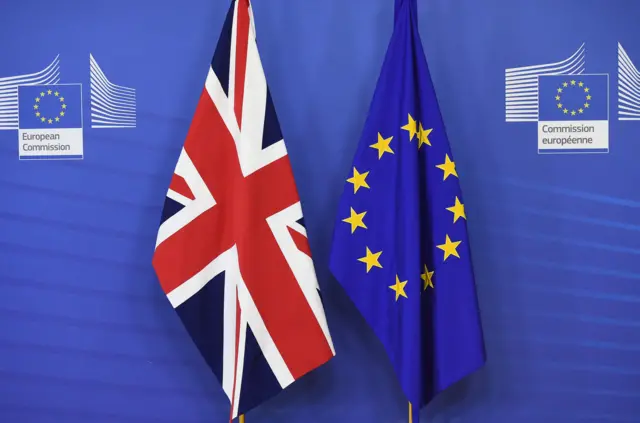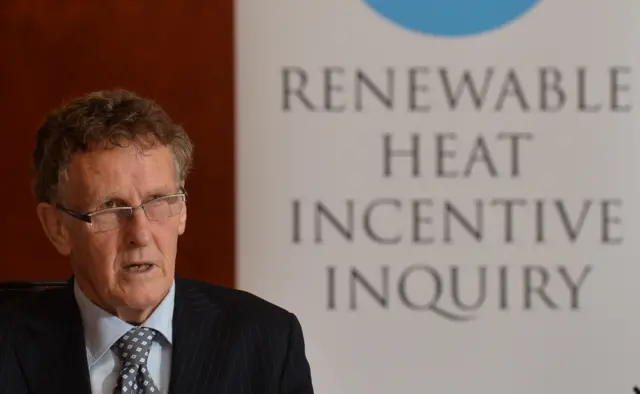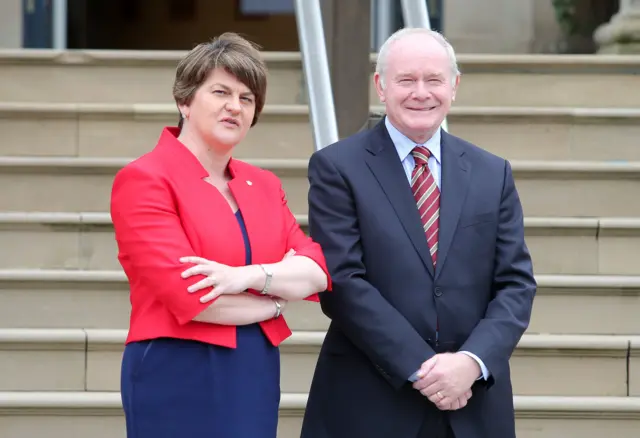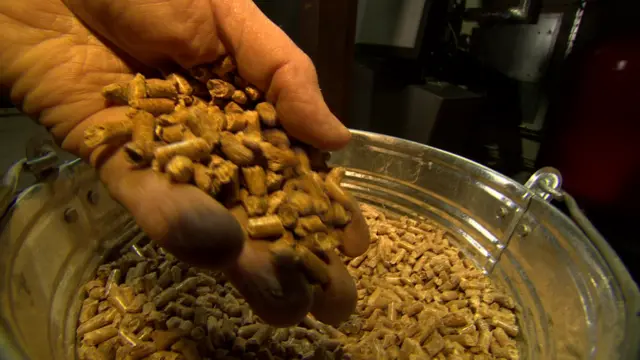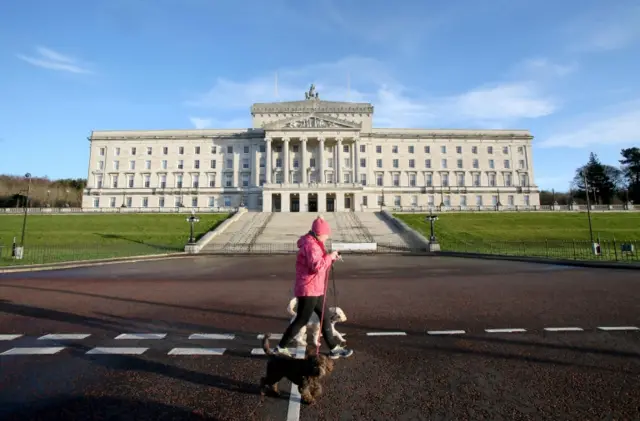'Team behind RHI scheme was fixated on spend'published at 10:19 GMT 2 February 2018
In late-2016, after the scale of the disaster of the RHI scheme emerged, Stormont called in the professional services firm PwC to conduct an investigation into the matter.
Interviewed by PwC in December that year, Mr Cooper raised some major issues about the scheme.
 Image source, Getty Images
Image source, Getty ImagesAmong them were:
- He didn't think DETI's energy team had sufficient engagement with the scheme's administrator Ofgem "that there should've been";
- He believed DETI "thought they had safeguards [in the scheme] that they didn't have";
- He thought DETI "believed that they had the ability to do various things that they didn't have, in terms of stopping [the scheme] and [carrying out] emergency reviews";
- He thought DETI was "fixated on spend - trying to get someone applying... as opposed to monitor the very low numbers that were actually applying at the time".


